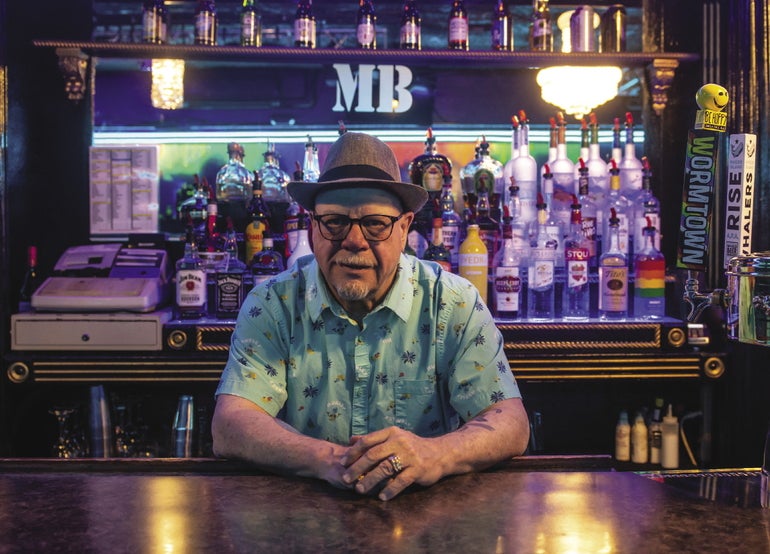Anti-LGBTQ+ sentiment is on the rise nationally. Despite being known as a leading state for LGBTQ+ rights, that sentiment has trickled down to Massachusetts.
Get Instant Access to This Article
Subscribe to Worcester Business Journal and get immediate access to all of our subscriber-only content and much more.
- Critical Central Massachusetts business news updated daily.
- Immediate access to all subscriber-only content on our website.
- Bi-weekly print or digital editions of our award-winning publication.
- Special bonus issues like the WBJ Book of Lists.
- Exclusive ticket prize draws for our in-person events.
Click here to purchase a paywall bypass link for this article.
Marco Guinette took on the role of protector from an early age. Though he and his older brother are both gay, Guinette said his brother presented more feminine and faced harassment and abuse from their peers that Guinette felt an inherent urge to try to shield.
That protector part of him made Guinette confident when he bought Worcester’s oldest gay bar, the MB Lounge, in 2006, he would keep it a safe space for the LGBTQ+ community.
“That really set a spark off in my life that made me want to just be who I am and help who I can because of what I went through,” said Guinette.
Having owned MB for two decades, Guinette sees retirement on the horizon, but there’s more work to be done.
“I want to make sure that it continues to go on as it's always been: a safe haven for the LGBTQ community. I want to make sure whoever takes it over continues to keep it a safe space,” said Guinette.
Anti-LGBTQ+ sentiment is on the rise nationally, particularly against transgender people, as states across the nation pass laws limiting rights, medical care, bathroom use, and participation in youth sports. Despite being known as a leading state for LGBTQ+ rights, that sentiment has trickled down to Massachusetts.
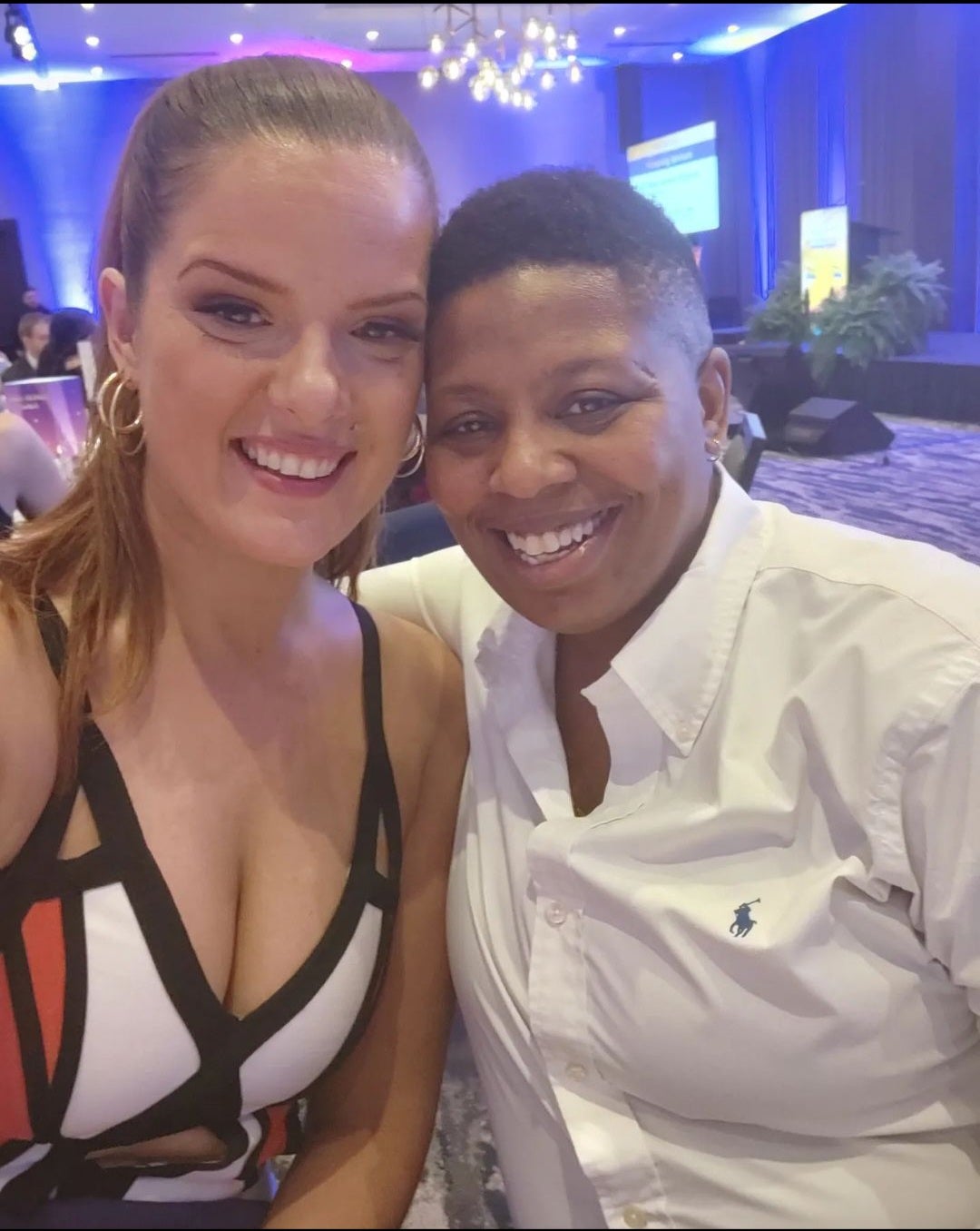
In its 2024 LGBTQ+ safety rankings, the California-based home security company SafeHome.org ranked Massachusetts 28th in the nation for safety of LGBTQ+ people, with an overall “C” grade. In Central Mass., the ACLU of Massachusetts sued the Town of North Brookfield in December after the local government refused to grant permission for an LGBTQ+ Pride event if it included a drag show, although the Town eventually allowed both to move forward.
“We’re not as accepting as we should be in this state for being such a progressive state,” said Guinette.
Guinette and a handful of other Worcester bar owners see their businesses as a offering place where members of the LGBTQ+ community can feel completely welcome, finding solace away from places where leering eyes can make them uncomfortable or unsafe.
“There's certain places you go and you know, you shouldn't be there,” said Danielle Spring, co-owner with wife Julie Toupin-Spring of Femme, a lesbian bar in Worcester. “When you walk in the building and everyone turns and stares at you, or dismisses you, you probably shouldn't be in that space.”
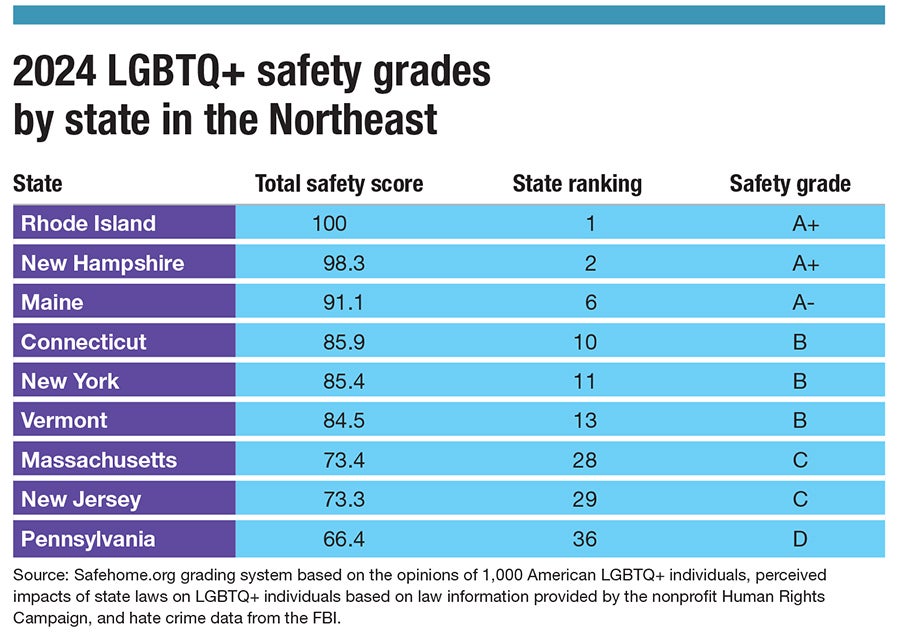
Feeling unwelcome
Worcester is an overall safe city for LGBTQ+, Guinette said. Yet, in the first state in the country to legalize gay marriage, Guinette said Central Mass. is not where it should be in accepting of the gay community. He feels the area has regressed from a decade ago.
Keith Bellerose, manager at the MB, has witnessed the way people discriminate against LGBTQ+, even when it's expressed in subtle ways.
“There's the look from people. There's the whispering. There's the ‘Oh, my god, can we sit over there? I don't want to sit next to them.’ So there's still a lot of that unfortunately in the community itself. It's sad, because people are people,” he said.
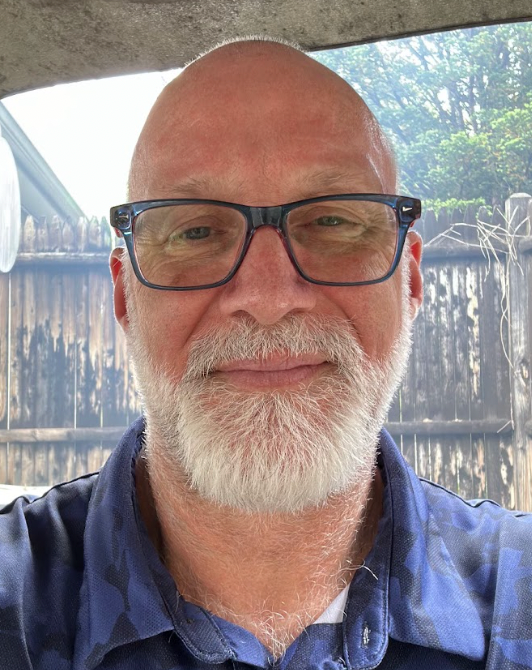
It’s not uncommon for Guinette’s patrons to tell him of the harassment they’ve experienced at other local establishments, he said. Jon Pittsley, co-owner with his husband Eddy Rocco of The Woo Bar & Grill, said he still experiences being laughed at and made fun of when he visits certain businesses in the area.
Moreover, the aftermath of mass gun violence against LGBTQ+ nightlife establishments has heightened the need for safety. The 2016 shooting at Orlando nightclub Pulse, which left 49 people dead, and the 2022 shooting at the Colorado Springs nightclub Club Q, which left five people dead, motivated Guinette to install more than a dozen security cameras throughout the MB.
Finding someone determined to keep the MB a safe refuge is at the top of Guinette’s list for picking his successor. He has several people looking to buy the bar from him, he said, but he’s taking his time and plans to keep a minority share.
Cultivating safety
Though The Woo is not marketed as a gay establishment, Pittsley wants his restaurant to be a place where everyone could come together.
“We'll have a table of LGBTQs over here, and then sitting right next to him, we have a family of eight; and they're laughing and they're joking with each other,” Pittsley said.“We have a huge Democrat and Republican following at The Woo, and I think it's just amazing that these hardcore people are still accepting of our business. I think because we were so open about it.”
The Woo hosts Pride events, along with events for local nonprofits. Pittsley encourages his staff to get involved, which integrates his employees with the community and his customers.
The right staff is important in making the MB as safe as possible, Guinette said. He makes sure his doormen and bartenders are aware of the interactions taking place within the MB and taking note of who is coming in the door.
“If you watch what's coming in your house, then you know you’ve got a safe house. If you don't let the burglar in, you can't get robbed. If you don't let the mosquitoes in, you can’t get bit,” he said.
When the wrong people slip through the cracks, Guinette feels that standing up for his LGBTQ+ patrons is a non-negotiable. Even if customers don’t say anything, they’re moved by how his staff treats those with bigoted beliefs.
“If you step up, some people will learn from that and some people won’t. Some people will be ignorant and walk out, and that's fine, because I don't want you in here if you’re like that anyway,” he said.
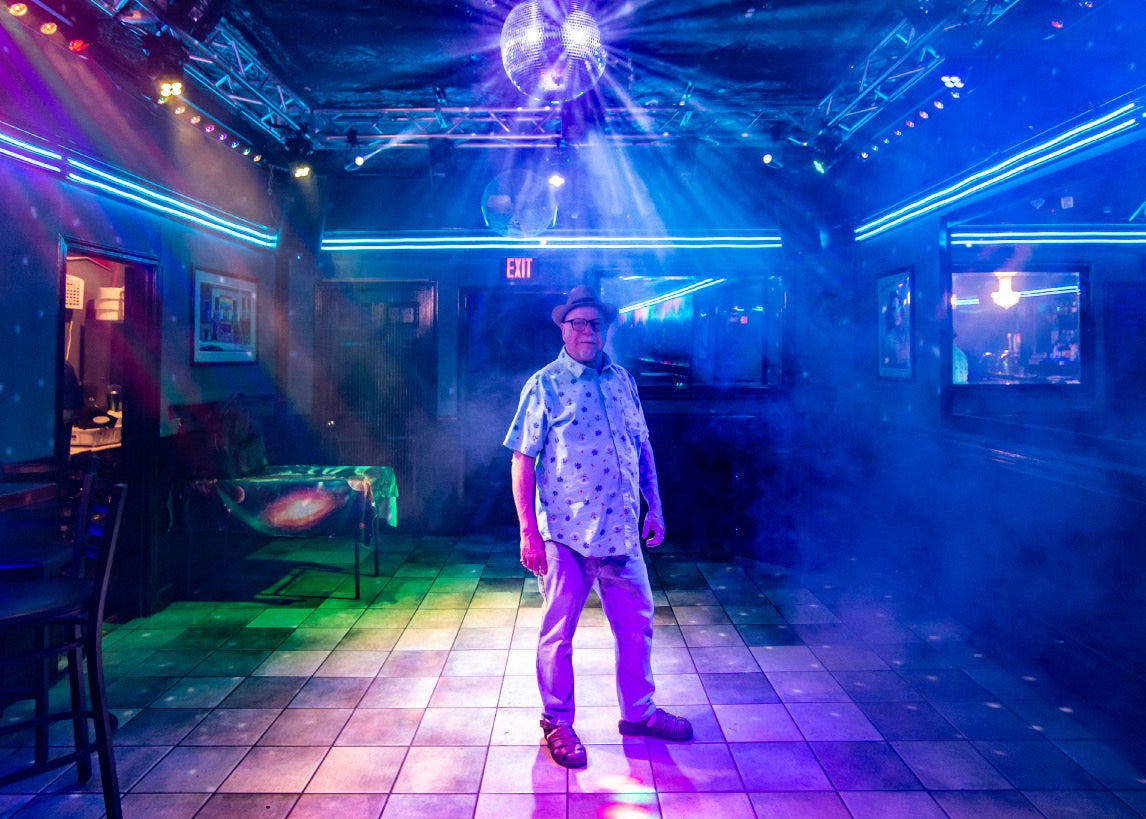
Doing the legwork
When it comes to fostering an LGBTQ+ safe space, Spring of Femme said the majority of that lies in the beliefs of business owners: How they feel about the queer community is going to permeate through everything else.
“Whatever [owners] feel, it's going to show up in their space. So if this space doesn't feel comfortable, it's because they're not comfortable with us,” said Spring.
For business owners looking to better support their LGBTQ+ clientele and more loudly broadcast themselves as a safe space, Pittsley said they should invest in community outreach to get their name known, such as attending Pride events, sponsoring local sports leagues, or supporting nonprofits.
Staff need to be educated on the pillars of tolerance and acceptance, Bellerose said. People often have misguided beliefs of what it means to be gay, or trans, or non-binary.
“Everybody's there to spend money. Everybody’s there to have an enjoyable dinner or a drink or buy clothing or wherever they’re going. Just because you're dressed a certain way or you're gay doesn't mean that you're any different than the person who is not,” said Bellerose.
